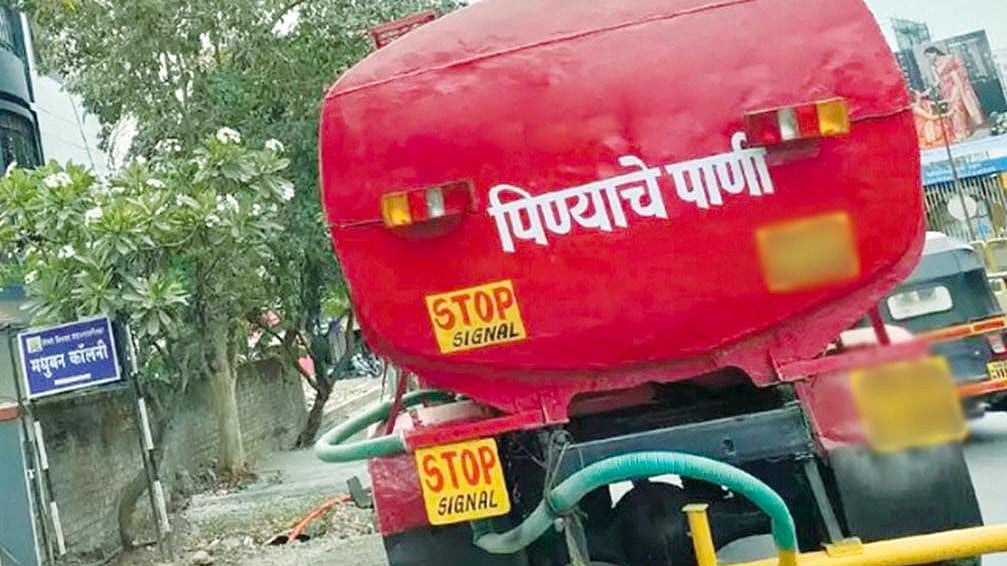Recent times have seen India’s economic growth tied heavily to the ‘Make in India’ initiative. Suddenly, there is a boom of Swadeshi start-ups in the business sector. We can call it a game-changer in Indian entrepreneurship.
Some insight
Shantanu Rooj, Founder & CEO of TeamLease Edtech, an education and employability solution provider company, thinks ‘Make in India’ has had a positive impact. “It encouraged the creation of a start-up ecosystem, where entrepreneurs can innovate and create solutions that support manufacturing processes. The increase in manufacturing activity is leading to the development of stronger domestic supply chains that can be tapped by entrepreneurs by providing raw materials, components, logistics services and other supporting services.”
What the initiative has done is also increase the demand for skilled labour. It has resulted in entrepreneurs establishing training and skill development centres to meet this demand. Yuvraj A. Thakker, MD, StoxBox, a fintech start-up, calls the initiative a visionary and transformative move. “It has created a conducive environment for Indian entrepreneurs to start, scale and succeed in their ventures. It has also opened up new opportunities for collaboration, investment, and market access for Indian start-ups.”
Growing economy
Thakker states some facts in its positive. “According to the official website of the initiative, India has become the world’s fifth-largest manufacturing country with a growth rate of 7.7% in 2017-18. India has jumped 65 positions in the World Bank’s Ease of Doing Business ranking, from 142nd in 2014 to 77th in 2018. India has received record foreign direct investment (FDI) inflows of $284 billion from 2014 to 2019, which is 50% more than the previous five years.”
Nikunj Parashar, Co-Founder & CEO of Sagar Defence Engineering, feels it has brought a supportive environment for start-ups to rise. “By reducing dependence on imports, strengthening key sectors and contributing to developing the nation’s technological prowess, ‘Make in India’ has played a pivotal role in transforming India into a more self-reliant and globally competitive economy, driving innovation, employment and economic diversification. Various similar programmes promote innovation and entrepreneurship in the Indian commercial space for achieving the goal of self-sufficiency for the Indian Armed Forces."
Long-term impact
Regarding the long-term impact, Parashar suggests, “Its success will depend on how well the policy is put into practice and how well entrepreneurs can adjust to changing conditions and seize new possibilities. As technology integration including AI and automation will improve productivity, the initiative particularly empowers small and medium-sized enterprises (SMEs), and Indian start-ups to gain global competitiveness.”
The initiative will create an exciting ecosystem of innovation, creativity and excellence. It will help boost India to become a global power in many sectors. Thakker reveals, “It will foster a culture of problem-solving and social impact among Indian entrepreneurs, who will address the challenges and opportunities of the country and the world with their innovative solutions. With China+1 strategy being looked upon by the world at large, not only manufacturing but intellectual properties and services can also become bigger and better with ‘Make in India’.”
Some suggestions
Rooj feels the success of the initiative and its impact depends on ‘effective implementation, policy consistency, addressing challenges and adapting to changing global economic dynamics’.
There can be a holistic ecosystem by integrating the ‘Make in India’ efforts with other initiatives. It helps entrepreneurs in their complete journey.
Parashar thinks the initiative has brought a paradigm shift in Indian entrepreneurship. It is inspiring more start-ups to go for the indigenous manufacturing industry. “It is leading to the creation of intellectual property, patents, and innovative solutions and generating new commercial prospects. For the initiative to have a greater impact, the government should promote skill development, encourage R&D and innovation, make funding more readily accessible, encourage sustainable practices, foster collaborations, encourage digitalisation, offer sector-specific support and maintain policy stability.”
Some other changes include fostering a culture of collaboration and co-creation among the stakeholders in the entrepreneurship ecosystem. It is possible by creating platforms, events, networks and partnerships that bring together everyone from start-ups and investors to academics and government.
Thakker adds, “The government should create more awareness and appreciation for the ‘Make in India’ initiative among the masses, by showcasing the success stories, achievements and benefits of Indian start-ups and entrepreneurs.”
Time will surely bring out the impact of the ‘Make in India’ initiative.










